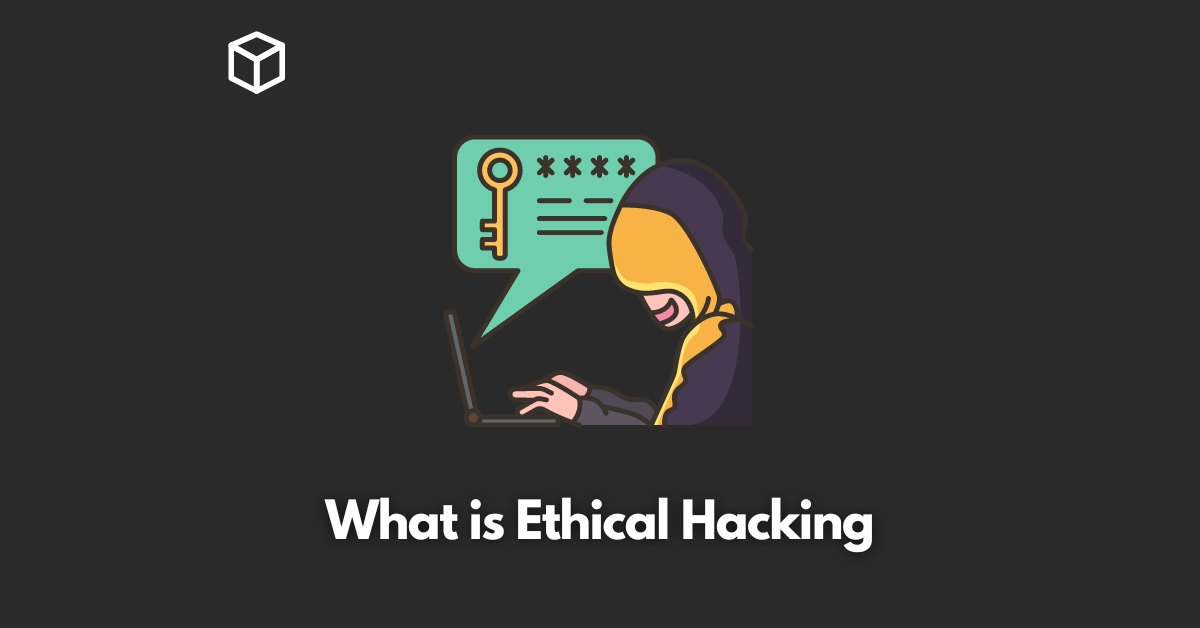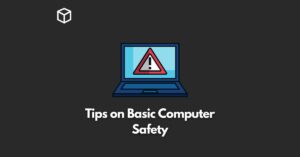Ethical hacking, also known as white hat hacking, is the practice of using the same methods and techniques as malicious hackers, but with the goal of finding and fixing security vulnerabilities before they can be exploited by bad actors.
The purpose of ethical hacking is to identify and address potential security risks, thereby improving an organization’s overall security posture.
Types of Ethical Hacking
There are several different types of ethical hacking, each with its own specific purpose and techniques. These include:
Penetration Testing
This type of ethical hacking simulates a real-world attack on a system or network in order to identify vulnerabilities that could be exploited by a malicious hacker.
Penetration testers use various tools and techniques, such as port scanning and vulnerability scanning, to identify and exploit security weaknesses.
Vulnerability Assessment
This type of ethical hacking is focused on identifying and assessing potential vulnerabilities in a system or network.
Vulnerability assessments are typically performed on a regular basis in order to ensure that systems and networks are secure and up-to-date.
Compliance Testing
This type of ethical hacking is focused on ensuring that an organization’s systems and networks comply with industry regulations and standards, such as HIPAA and PCI-DSS.
Compliance testers use various tools and techniques, such as vulnerability scanning, to identify and report on non-compliance issues.
The Role of Ethical Hackers
Ethical hackers play a critical role in keeping computer systems and networks secure.
They are responsible for identifying and addressing security vulnerabilities, working with organizations to improve their security posture, and ensuring compliance with industry regulations and standards.
Ethical hackers are typically employed by organizations, consulting firms, or government agencies and are often certified in various security and compliance standards.
Tools and Techniques Used in Ethical Hacking
Ethical hackers use a variety of tools and techniques to identify and exploit security vulnerabilities. These include:
- Port scanning and network mapping: These tools are used to identify open ports and services on a system or network, which can then be used to identify potential vulnerabilities.
- Vulnerability scanning: These tools are used to identify known vulnerabilities in a system or network.
- Password cracking: Ethical hackers use various techniques, such as brute-force attacks and dictionary attacks, to crack passwords in order to gain access to a system or network.
- Social engineering: This technique involves tricking individuals into divulging sensitive information, such as passwords or personal information. This can be done through phishing attacks, phone scams, or other methods.
Challenges and Risks of Ethical Hacking
While ethical hacking is an important tool for keeping computer systems and networks secure, there are also challenges and risks associated with this practice. These include:
- Legal and ethical considerations: Ethical hackers must be aware of and comply with various laws and regulations, such as the Computer Fraud and Abuse Act and the Electronic Communications Privacy Act. They must also be mindful of ethical considerations, such as not causing any harm to systems or networks during testing.
- Ensuring the security of sensitive information during testing: Ethical hackers must take care to protect any sensitive information that is discovered during testing. This includes encrypting and properly handling any sensitive data that is discovered.
- The constant evolution of technology and hacking methods: As technology and hacking methods evolve, ethical hackers must stay up-to-date with the latest tools and techniques in order to effectively identify and address security vulnerabilities.
Conclusion
In conclusion, ethical hacking is a critical aspect of keeping computer systems and networks secure.
Ethical hackers play a vital role in identifying and addressing security vulnerabilities, working with organizations to improve their security posture, and ensuring compliance with industry regulations and standards.
The practice of ethical hacking involves the use of various tools and techniques, such as port scanning, vulnerability scanning, password cracking, and social engineering.
However, ethical hacking also presents challenges and risks, including legal and ethical considerations, ensuring the security of sensitive information during testing, and the constant evolution of technology and hacking methods.
It is important for organizations to work with ethical hackers to ensure the security of their systems and networks in the ever-evolving digital landscape.




